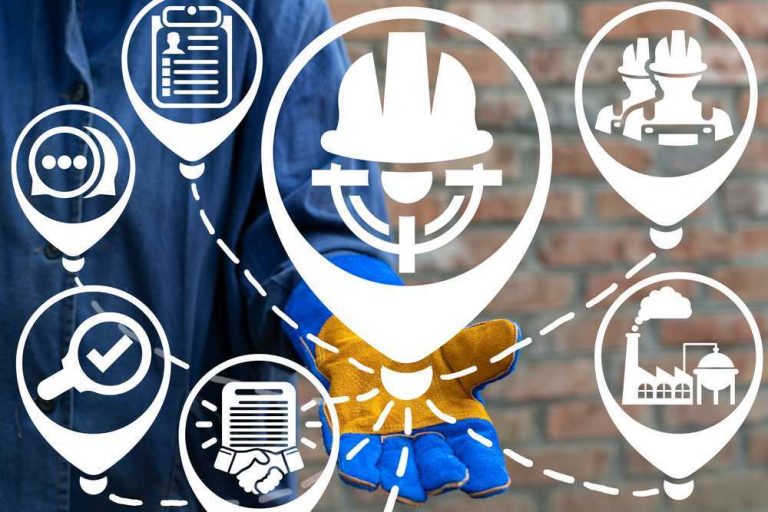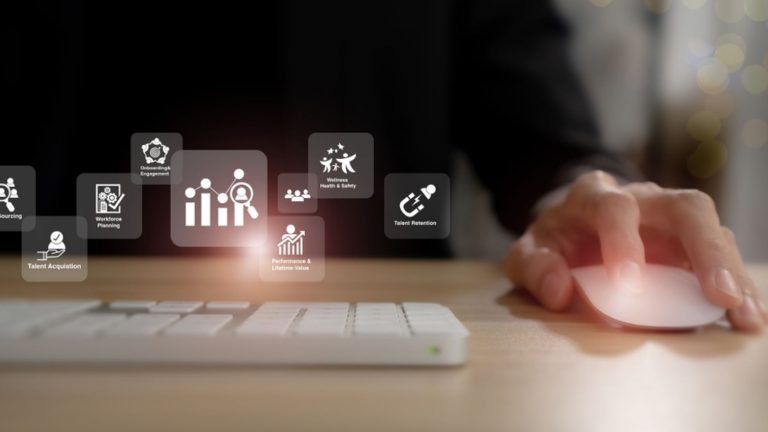Do you use pre-employment tests to evaluate candidates before moving forward with interviews?
If you have many applicants to narrow down or aim to compare candidates quickly and objectively during your selection process, pre-employment tests are an extremely useful resource.
Read on to find out the different types of pre-employment tests you can use to assess candidates for a role.
What Are Pre-Employment Tests?
Let’s start with what pre-employment tests are.
Pre-employment tests assess a wide array of skills. They may evaluate candidates’ proficiency in specific software, require them to perform a standard job-related task, or have them complete a personality assessment. They can also assess particular skills such as problem-solving or mathematics.
Using pre-employment tests can significantly expedite your hiring process. Additionally, they can reduce bias and enable you to make hiring decisions based on data.
6 Types of Pre-Employment Tests
Pre-employment tests might include a wide range of skills. Most pre-employment assessments will fall into one of the following categories.
1. Job Knowledge
While you may be happy to provide plenty of on-the-job training for some roles, you may have roles requiring specific knowledge. When you test candidates on their job knowledge, you’ll be more likely to make a good hire. A job knowledge test will cover technical or theoretical expertise.
For instance, in information technology (IT), you may ask candidates about the key features of a particular programming language. In the healthcare industry, a job knowledge test may include questions on specific medications.
Best for: Roles that involve a lot of acquired knowledge, perhaps from a specific qualification or many years of experience.
Limitations: Job knowledge tests only demonstrate what a candidate already knows. They don’t tell you how fast that candidate will learn or how easily they can apply what they already know to a new situation.
2. Cognitive Ability
A cognitive ability test is designed to measure candidates’ intelligence. It often looks at logical, verbal, and numerical reasoning. You may also know it as an aptitude or cognitive aptitude test.
Cognitive ability has a strong positive correlation with job performance. Candidates who score well will be skilled problem-solvers who excel at analyzing data and situations. Their critical thinking and decision-making skills are likely to put them among the best candidates for the role.
Best for: Making confident hiring decisions based on precise data. Candidates can’t “cheat” a cognitive ability test. Qualities that may cloud an interviewer’s judgment (e.g., charisma) won’t affect the test.
Limitations: Some candidates may be knowledgeable and skilled at problem-solving, but they could need other attributes to make them an excellent fit for the role. For instance, they may be abrasive toward colleagues or highly defensive about negative feedback.
3. Integrity
Integrity pre-employment tests look at applicants’ values and ethics. You can ask questions like:
- Would you lie to a client?
- Would you do something illegal if your manager asked you to?
- Would you cheat on a test if you knew you wouldn’t be caught?
An integrity test is designed to ensure that employees are a good match for the organization, will work well with colleagues, and will avoid taking actions that could be seriously detrimental to the company.
Best for: Roles that require a high degree of integrity, such as finance, cybersecurity, or healthcare.
Limitations: The “right” answer is generally obvious to applicants on integrity tests. They may claim they would never lie, cheat, or do anything illegal, even if that’s untrue.
4. Personality
Personality tests can help ensure that your new hires fit into your company culture. You want to hire people who will feel happy and fulfilled in their role and who get along well with their colleagues. There are many different commercially available personality tests, such as the Myers-Briggs and DISC models.
You may need to encourage candidates to answer as candidly as possible, explaining that the personality test is only one way you’ll assess their suitability for the role.
Best for: Positions where candidates’ personality traits are powerfully relevant to how well they’ll likely perform in the role. For instance, you may want to ensure you’re hiring confident, extroverted individuals for a healthcare role involving patient interaction.
Limitations: It’s easy to be untruthful on a personality test. Candidates may give the answers they think you want rather than reflecting on how they’d behave in different situations.
5. Emotional Intelligence
Emotional intelligence is particularly crucial for people-facing roles. It’s also essential for purely internal roles, where employees need to get along well with one another.
Candidates who score highly on an emotional intelligence test are often:
- Easier to manage
- Able to accept critical feedback
- Calm under pressure
- Capable of handling setbacks well
Best for Customer-facing roles, human resources (HR) positions, and any role that involves frequent interaction with peers, as well as high-pressure or stressful roles.
Limitations: As with other personality-based tests, candidates often give what they feel is the “right” answer.
6. Skills
Skills assessments may test candidates’ hard or soft skills, particularly the competencies listed on their resumes. They differ from job knowledge tests in asking candidates to demonstrate their skills.
If you’re recruiting for an IT role, you may provide a skills test that asks the candidate to write a short piece of working code or debug an existing code snippet. If you’re recruiting an electrical engineer, you could ask them to demonstrate how they would test a specific device. In the healthcare industry, you could ask candidates to roleplay, delivering difficult news to a patient.
Best for: Roles where you need someone to come in and perform well immediately without spending months on training.
Limitations: The test results may not accurately reflect the reality of day-to-day work. For instance, if someone has a whole week to complete a short coding project, the quality of their work may be artificially higher than what you’d expect when facing time pressure on the job.
Benefits Of Pre-Employment Testing In The Hiring Process
1. Speeds Up The Hiring Process
Pre-screening assessments help expedite the process of identifying top job candidates. Evaluating all candidates through one or two tests streamlines the applicant pool before proceeding with further screening or comprehensive interviews.
2. Helps To Reduce Bias
We all possess unconscious biases, and pre-employment assessments can aid in minimizing their impact. Objective test data facilitates straightforward comparisons between candidates. If an unsuccessful candidate contests your hiring choice, the test data can help you elucidate the reasons for their non-selection.
3. Provides Valuable Insights on Candidates
Pre-employment assessments provide valuable information about each candidate’s strengths, weaknesses, and experiences. This information can be utilized to tailor interview questions, such as requesting a candidate elaborate on a topic briefly mentioned in the pre-employment assessment.
Takeaway
Pre-employment tests can improve hiring by providing objective data to support decision-making and ensure a better fit between candidates and job roles. You can use various tests to enhance recruitment strategies and build a more competent workforce.
Testing and interviewing multiple candidates can be time-consuming and daunting. However, you can use InterviewHQ, to help you screen candidates and conduct multiple interviews simultaneously. Sign up and get a 30-day free trial today.




